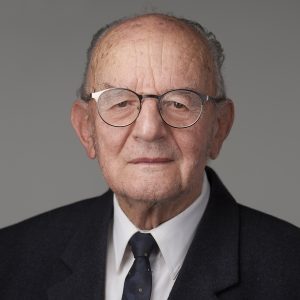Facts
The applicant filed the international word mark DRIVE PILOT in the class 9, namely for vehicle safety software.
The Hungarian Intellectual Property Office (HIPO) refused the protection for Hungary. The owner of the international mark contested the provisional refusal arguing that little amount of distinctiveness is sufficient to enable the consumer to identify the mark. Moreover, the word “PILOT” is not used in relation to cars in the English language region.
The HIPO rejected the protection for Hungary. Considering the products indicated in the list of goods the relevant public consists of consumers looking for goods in the luxury category. In Hungary the word pilot has become the common name of Formula 1 racing drivers. Both words of the mark “DRIVE” and “PILOT” are descriptive. The combination of the two words (DRIVE PILOT) does not give any supplemental meaning to them.
The owner of the international mark filed request of review with the Metropolitan Tribunal, which was rejected. The Tribunal held that though the words “DRIVE” and “PILOT” are words of English origin, they can be understood also by the average Hungarian consumer. In conformity with the Hungarian case law neither foreign term can be registered as trademark, if the Hungarian public understands them, moreover, if their Hungarian meaning is devoid of distinctive character. The HIPO was right that the combination of the two words does not result in a new fancy word, with a distinctive character. The owner of the international mark referred to the judgement of the EU Court of Justice rendered in the Baby Dry case (C-383/99). The Tribunal held in this respect that in this case the combination of the two words (DRIVE PILOT) refers only to the words recorded in the list of goods, contrary to the Baby Dry case.
The owner of the international mark filed an appeal but the Metropolitan Court of Appeal rejected it. It held in conformity with HIPO and the Tribunal that the public associates safe driving cars with the software, as a result this international mark is descriptive. The Court believes that the connection between the words specified in the list of goods and the word combination in question is evident clear and direct, namely the word “DRIVE” refers principally to cars and the word “PILOT” has also the meaning ‘driver’ for the relevant Hungarian consumer.
As the Tribunal observes the car racers are called by the Hungarian public and the media “Pilot”. (8.Pkf. 26.199/2018)
Comments
Protectability of combination of foreign words is a frequent question in the Hungarian case law. Many years before the accession to the European Union under the regime of the Paris Convention and the Nice Agreement the protection of international marks was extended to Hungary and as a result examined by the Hungarian authorities.
After accession to the European Union the rather rigorous case law has become somewhat less severe; moreover after EU Court of Justice’s decision in the Baby Dry case ( C-383/99) HIPO and the Courts started to apply the doctrine of surprising respectively unusual word combination.
It seems that in the case reported it was found that the above international mark does not correspond to this requirement. Decision was in this respect the standard case law quoted by the Tribunal on obstacle of protection of foreign words if they are understandable by the average Hungarian consumer and they are descriptive.
Dr. Sándor Vida LLD.
In-house Counsel
Doctor of the Hungarian Academy of Sciences







